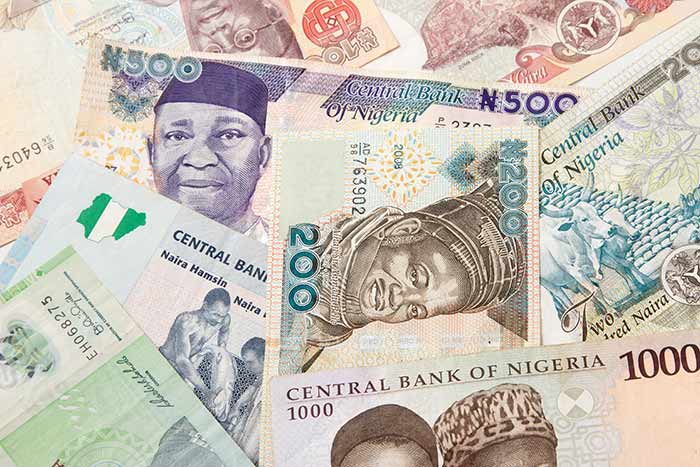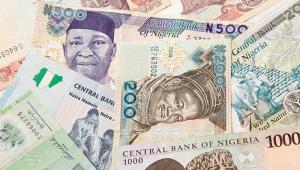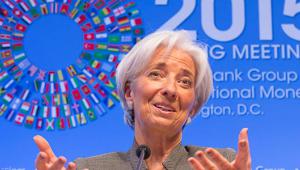web_nigeriannaira_shutterstock_200751113.jpg

Nigerian naira
The once-booming economy fell into its first recession in 25 years last year as the commodity price crash and militant attacks on infrastructure slashed the oil revenues it was dependent on.
A key component of the government’s strategy has been to boost spending in a bid to stimulate the flagging economy, resulting in record breaking spending in both the 2016 and 2017 budgets, funded via borrowing, generating large deficits.
The fund stressed that the government’s hefty debt servicing costs now outweigh revenues, and that front-loaded measures to increase income were needed, starting this year.
“Priority should be given to increasing non-oil revenue, included through raising VAT and excise rates, strengthening compliance, and closing loopholes and exemptions,” the fund’s executive board said in a statement last week.
Stronger public financial management, the elimination of fuel subsidies and a targeted social safety net would also be key, they continued, as well as efforts to contain the deficit of state and local governments, notorious for poor financial governance.
As well as increased spending, largely on infrastructure, Nigeria has put into place a number of other measures to try to stabilise the economy.
These include moving away from a reliance on oil, higher central bank interest rates to tackle double-digit inflation and removing the currency’s peg to the dollar, allowing it to depreciate.
However, the country’s president, Mohammadu Buhari, who has faced criticism for keeping the naira’s value artificially high, has resisted calls from businesses and economists to take further steps towards devaluation.
While the president was recently receiving medical treatment in London, the central bank edged towards outright devaluation with a measure that devalued the naira for private individuals.
The IMF also warned against continued restrictions on foreign exchange rates, which it said would lead to increasingly distorted rates to the detriment of trade.
“Policy uncertainty, crowding out and [foreign exchange] market distortions would be expected to drag on activity,” it said, noting that while it does expect the economy to return to growth this year, this would be only a “slight” improvement to 0.8%. This compares to 6.3% in 2014.
“Under unchanged policies, the outlook remains challenging,” the fund warned.












